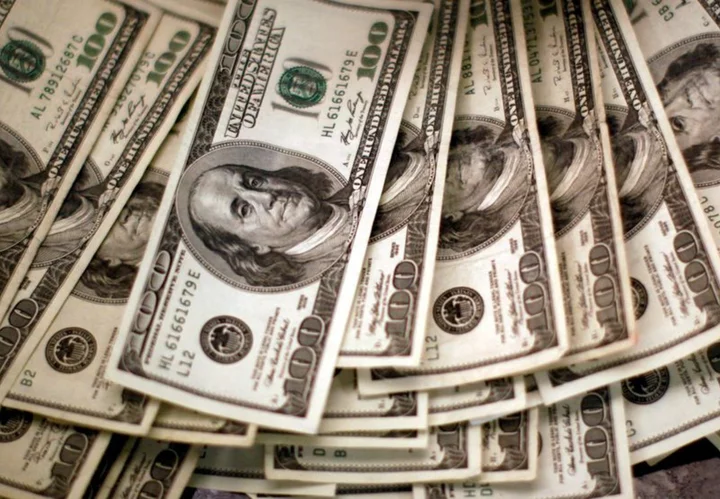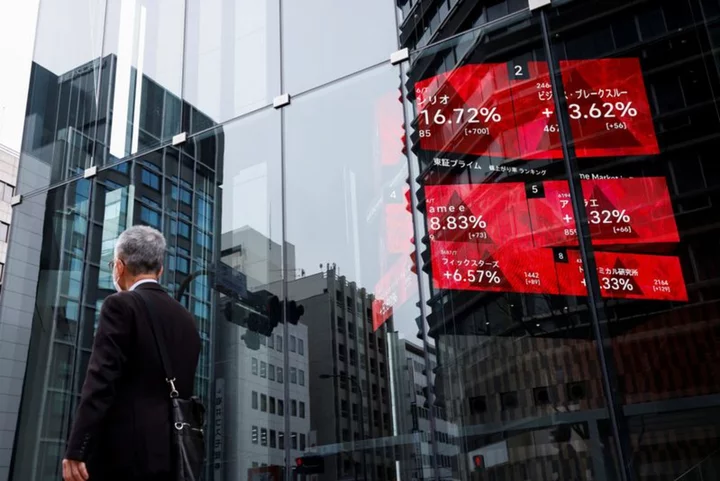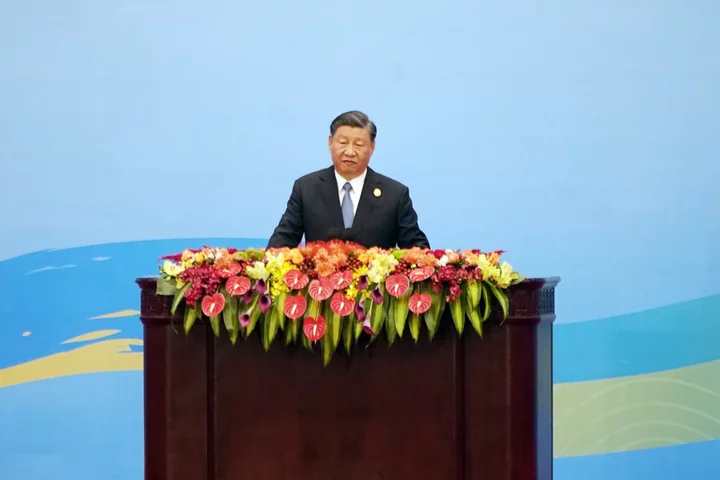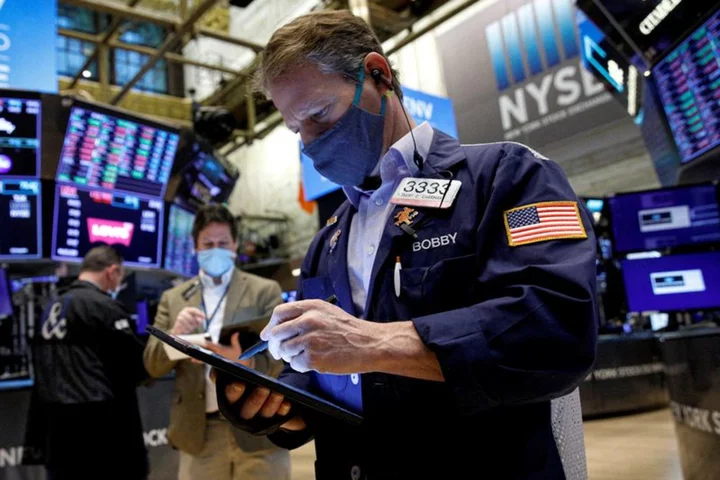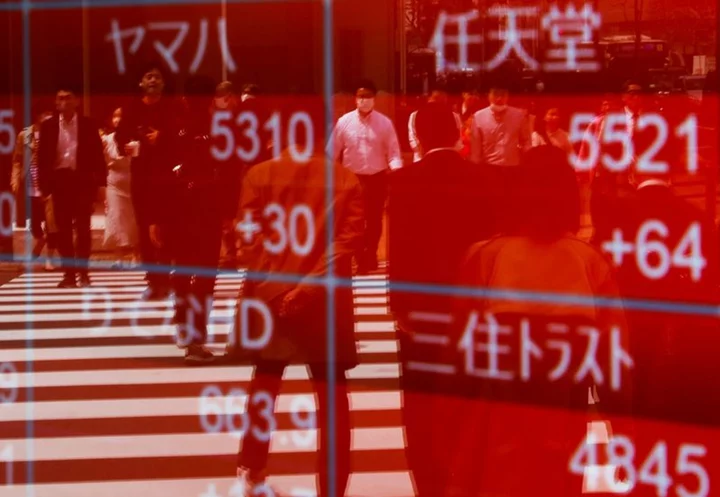By David Randall
NEW YORK Investors should be prepared for long-duration Treasury yields to reach 7% if the U.S. economy skirts a widely anticipated recession, Ned Davis Research warned in a note on Tuesday.
Benchmark 10-year Treasury yields, which move inversely to prices, are hovering near 16-year highs of 5% as investors price in rising U.S. federal deficits and the Federal Reserve's guidance that it will keep rates high until it is convinced that inflation is under control. The sell-off in Treasuries has weighed on stock market valuations and increased borrowing costs for companies and consumers alike.
Joseph Kalish, chief global macro strategist at Ned Davis Research, said the Treasury sell-off could continue if the neutral rate of interest - the rate at which monetary policy is neither contractionary nor expansionary - rises due to a prolonged expansion.
Inflation as measured by the PCE price index, which rose 3.4% in September compared with the same time last year, is just above its 3.3% average since 1960, while the neutral rate of interest - also know as r-star - appears to be above its 2% benchmark, he noted.
Add a term premium for longer-dated debt, which pre-pandemic averaged 1.65% for the period since 1961, "and you get 7.20%," he said.
"So getting comfortable with a 5% 10-year Treasury is actually quite conservative," he wrote.
With the potential for a worsening Treasury market sell-off, Kalish is bullish on gold and remains slightly underweight bonds, and favors large-cap equities over small-caps, he noted.
The firm does not expect the Federal Reserve to raise its benchmark rate at its meeting that concludes Wednesday, and predicts that there is a 50-50 chance for one more rate increase before the end of the year, Kalish wrote.
"Powell will want to affirm that another hike is still on the table," he wrote.
The Treasury Department's refunding announcement Wednesday will not likely sway markets given that it will likely emphasize that Treasury will remain on a stable and predictable borrowing schedule, Kalish noted.
"Don't look for anything dramatic," he wrote.
(Reporting by David Randall; Editing by Andrea Ricci)

